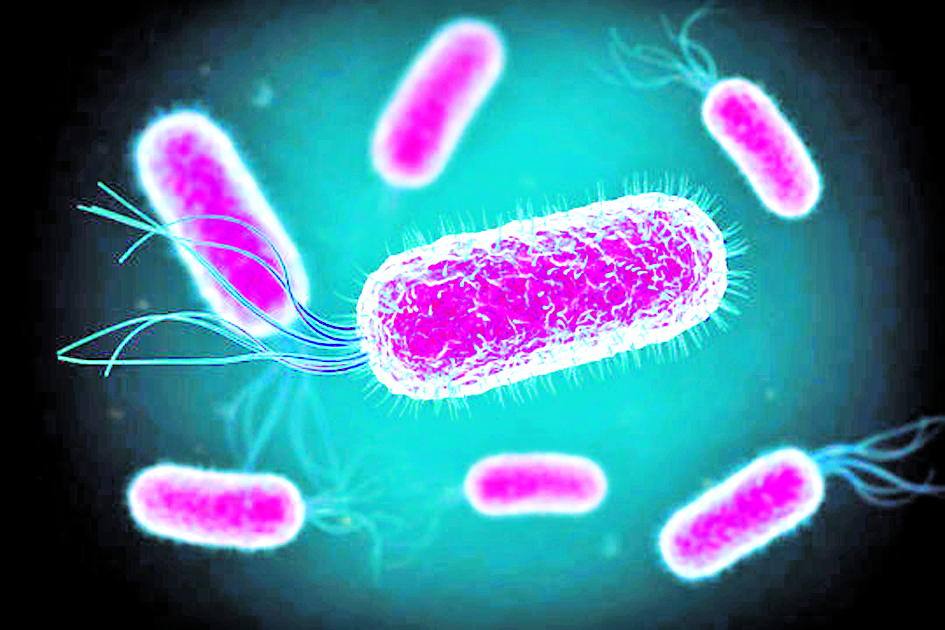Over the course of several months, researchers in Israel created Escherichia coli strains that consume CO2 for energy instead of organic compounds. This achievement in synthetic biology highlights the incredible plasticity of bacterial metabolism and could provide the framework for future carbon-neutral bioproduction. The work appears November 27th in the journal Cell.
"Our main aim was to create a convenient scientific platform that could enhance CO2 fixation, which can help address challenges related to sustainable production of food and fuels and global warming caused by CO2 emissions," says senior author Ron Milo, at systems biologist at the Weizmann Institute of Science. "Converting the carbon source of E. coli, the workhorse of biotechnology, from organic carbon into CO2 is a major step towards establishing such a platform."
The living world is divided into autotrophs that convert inorganic CO2 into biomass and heterotrophs that consume organic compounds. Autotrophic organisms dominate the biomass on Earth and supply much of our food and fuels. A better understanding of the principles of autotrophic growth and methods to enhance it is critical for the path to sustainability.
A grand challenge in synthetic biology has been to generate synthetic autotrophy within a model heterotrophic organism. Despite widespread interest in renewable energy storage and more sustainable food production, past efforts to engineer industrially relevant heterotrophic model organisms to use CO2 as the sole carbon source have failed. Previous attempts to establish autocatalytic CO2 fixation cycles in model heterotrophs always required the addition of multi-carbon organic compounds to achieve stable growth.
"From a basic scientific perspective, we wanted to see if such a major transformation in the diet of bacteria -- from dependence on sugar to the synthesis of all their biomass from CO2 -- is possible," says first author Shmuel Gleizer (@GleizerShmuel), a Weizmann Institute of Science postdoctoral fellow. "Beyond testing the feasibility of such a transformation in the lab, we wanted to know how extreme an adaptation is needed in terms of the changes to the bacterial DNA blueprint."
In the Cell study, the researchers used metabolic rewiring and lab evolution to convert E. coli into autotrophs. The engineered strain harvests energy from formate, which can be produced electrochemically from renewable sources. Because formate is an organic one-carbon compound that does not serve as a carbon source for E. coli growth, it does not support heterotrophic pathways. The researchers also engineered the strain to produce non-native enzymes for carbon fixation and reduction and for harvesting energy from formate. But these changes alone were not enough to support autotrophy because E. coli's metabolism is adapted to heterotrophic growth.
विविध क्षेत्र
Laboratory / evolved bacteria switch to consuming carbon dioxide for growth

- 30 Nov 2019








